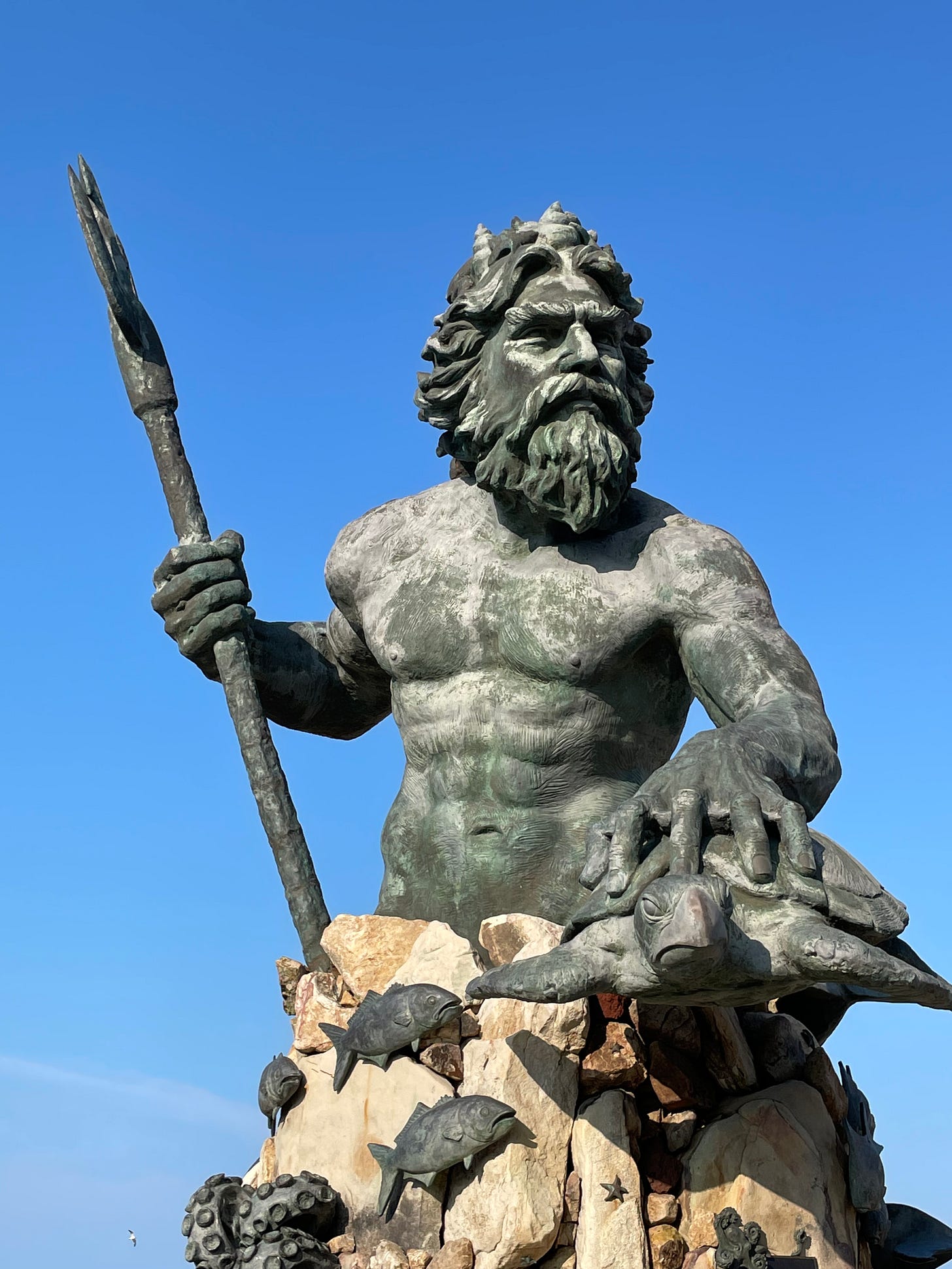A small thought:
I spent the last week in Virginia Beach and did a lot of strolling up and down the city’s beautiful boardwalk. If people-watching is your thing, this is the place to do it.
There’s also no shortage of performers, either.
Want to hear a song? You certainly can.
Magic show? Sure.
Painting? Yep, that too.
…
Keep reading with a 7-day free trial
Subscribe to On Repeat Records to keep reading this post and get 7 days of free access to the full post archives.


